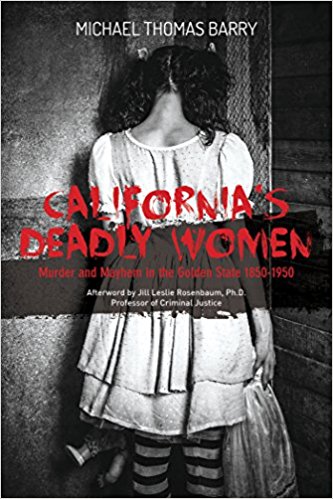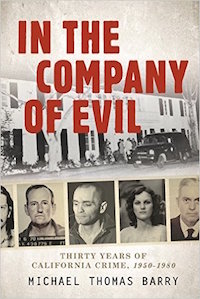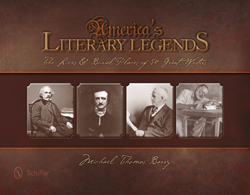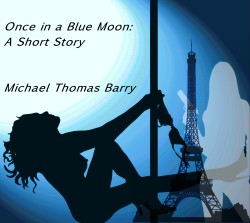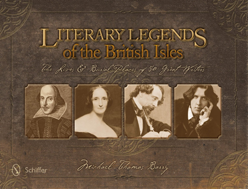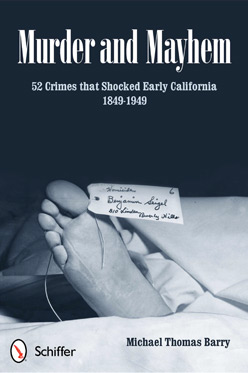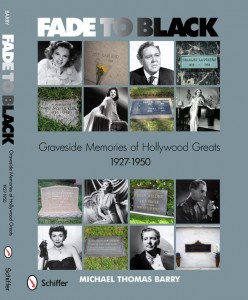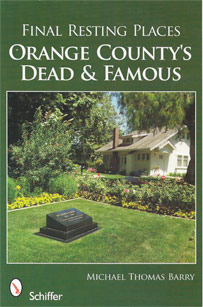05.16

What happened on this date in Hollywood history – May 16, 1929, the first Academy Awards ceremony is held. The awards banquet took place in the Blossom Room of the Hollywood Roosevelt Hotel. Some 270 people attended, and tickets cost $5 each. After a long dinner, complete with numerous speeches, Douglas Fairbanks, the president of the Academy of Motion Picture Arts and Sciences, which had been formed in 1927, handed out 15 awards in a five-minute ceremony. The awards presentation was somewhat anticlimactic compared to today’s Academy Award ceremonies, as the winners had already been announced in February.
In 1929, movies were just making the transition from silent films to talkies, but all the nominated films were without sound. For the only time in Academy history, Best Picture honors were split into two categories: Best Picture – Unique and Artistic Production, and Best Picture – Production. The winner in the first category was F.W. Murnau’s romantic drama Sunrise: A Song of Two Humans, starring George O’Brien and Janet Gaynor. William Wellman’s film Wings, set in the World War I-era and starring Clara Bow, Charles “Buddy” Rogers and Richard Arlen, won in the second category. Other winners of the night included the German actor Emil Jannings as Best Actor for two films, The Last Command and The Way of All Flesh; and Gaynor as Best Actress. She had received three of the five nominations in the category, and was honored for all three roles, in Sunrise, Seventh Heaven and Street Angel. The Academy also presented an honorary award to Charles Chaplin; it would be the only honor the great actor and filmmaker would receive from the organization until 1972, when he accept another honorary award. Starting with the following year’s awards, the Academy began releasing the names of the winners to the press on the night of the awards ceremony to preserve some suspense. That practice ended in 1940, after the Los Angeles Times published the results in its evening edition, which meant they were revealed before the ceremony. The Academy then instituted a system of sealed envelopes, which remains in use today.
Michael Thomas Barry is the author of numerous books that includes Fade to Black Graveside Memories of Hollywood Greats, 1927-1950. The was awarded a silver medal at the 2011 Readers Favorite International Book Awards in Miami and was also the 2013 winner of the Beverly Hills Book Awards.

